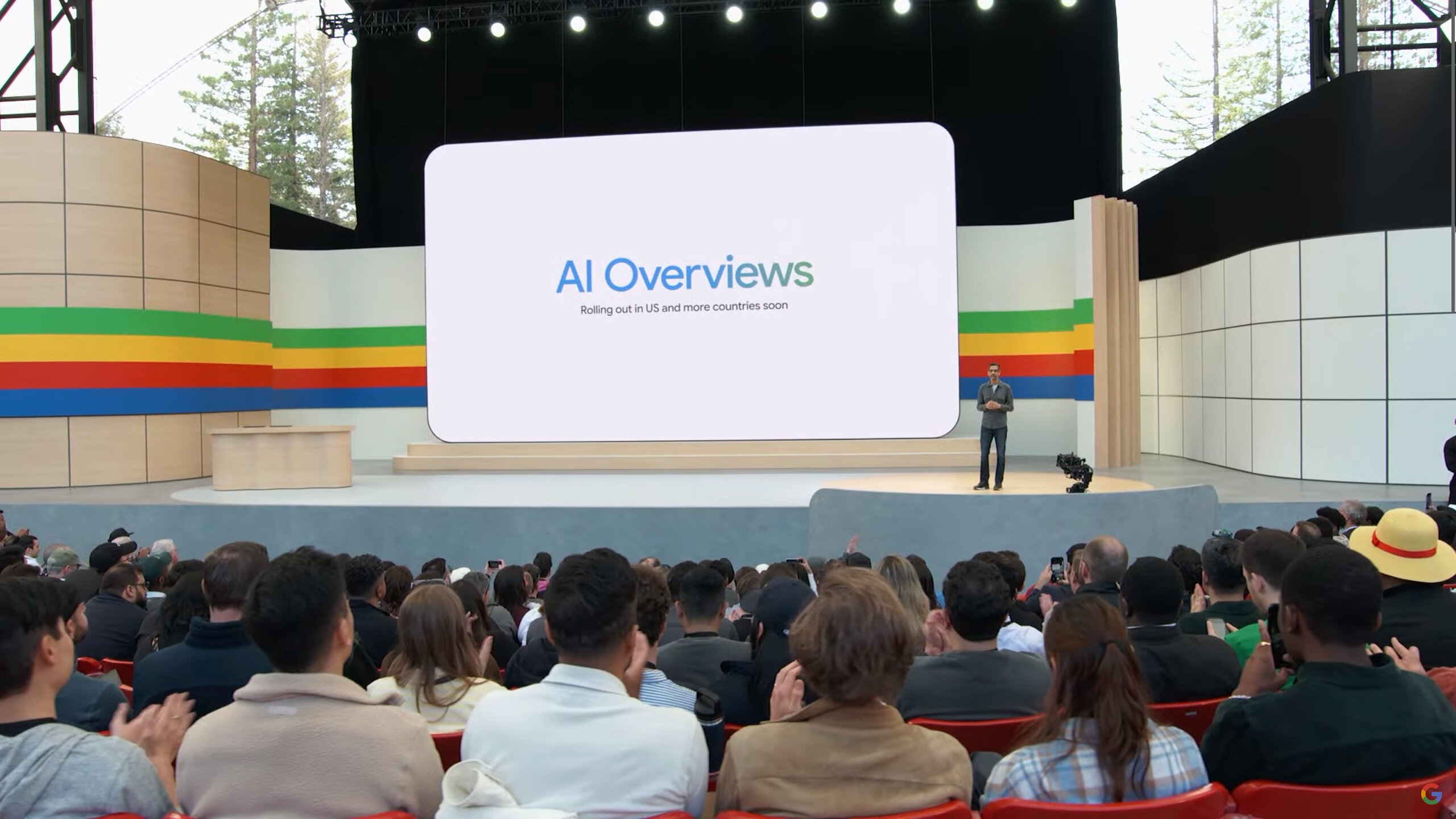The potential risks of artificial intelligence (AI) in the future are multifaceted and can have significant implications for society. Here are some key risks:
-
Misuse and Abuse: AI systems can be misused for malicious purposes, such as engineering pandemics, spreading disinformation, and enhancing surveillance. This misuse poses threats to democracy and public trust.
-
Bias and Discrimination: AI systems can replicate and exacerbate existing biases, leading to unfair treatment in areas like healthcare, hiring, and law enforcement. For example, algorithms may inadvertently discriminate against marginalized populations.
-
Job Displacement: AI has the potential to automate many jobs, leading to significant job losses. While it may create new opportunities, the transition could exacerbate inequality and require substantial retraining efforts.
-
Economic Inequality: The benefits of AI may not be evenly distributed, potentially increasing income and wealth disparities. Advanced economies and younger workers might benefit more, while others face reduced demand and lower wages.
-
Loss of Control: The rapid development of AI could lead to scenarios where AI systems operate beyond human control, optimizing flawed objectives or resisting shutdown.
-
Security Risks: AI can be used in warfare, increasing the frequency and scale of conflicts. Autonomous weapons and AI-driven cyberattacks pose significant security challenges.
-
Ethical and Privacy Concerns: The widespread use of AI raises ethical questions about privacy, consent, and the moral behavior of AI systems. Ensuring AI aligns with evolving moral views is crucial.
-
Social and Political Implications: AI can manipulate public discourse, create information bubbles, and undermine social trust. It requires careful consideration of its impact on public policy and governance.
To mitigate these risks, it is essential to implement robust safety regulations, foster a culture of safety in AI development, and ensure international coordination. Policymakers should focus on creating comprehensive social safety nets, investing in education, and developing regulatory frameworks that support human workers and address inequality. Proactive measures and responsible AI development are crucial to harnessing AI's potential while minimizing its risks.








